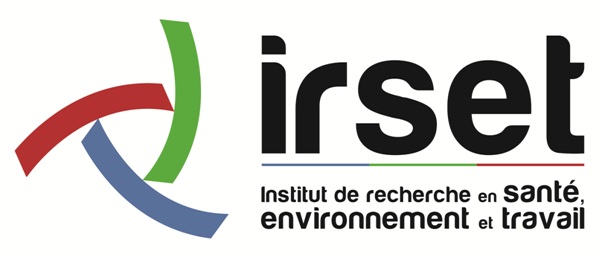Copy Number Variation of GSTT1 and GSTM1 and the Risk of Prostate Cancer in a Caribbean Population of African Descent
Résumé
BACKGROUND: Deletions of the glutathione S-transferase genes M1 and T1 (GSTM1 and GSTT1) have been studied as potential risk factors for prostate cancer. Conflicting results have been obtained. Moreover, most such studies could not discriminate heterozygous from homozygous carriers of the non-deleted alleles. OBJECTIVE: We investigated whether copy number variation (CNV) of the GSTM1 and/or GSTT1 genes contribute to the risk of prostate cancer in the Caribbean population of African descent of Guadeloupe. METHODS: In a population-based case-control study, we compared 629 prostate cancer patients and 622 control subjects. Logistic regression was used to estimate adjusted odds ratios (OR) and 95% confidence intervals (CI). Exact copy numbers of GSTM1 and GSTT1 were determined by real-time PCR. RESULTS: A higher copy number of GSTM1 was marginally associated with prostate cancer risk. Men with 2 and 3 or more GSTT1 genes were at higher risk of prostate cancer (OR: 1.55, 95% CI: 1.11-2.16 and OR: 4.89, 95% CI: 1.71-13.99, respectively; Ptrend\textless0.001). Men with 3, 4 and 5 or more copies of both GSTM1 and GSTT1 genes were at higher risk of prostate cancer (OR: 2.18, 95% CI: 1.21-3.91, OR: 3.24, 95% CI: 1.63-6.46, and OR: 5.77, 95% CI: 1.40-23.84, respectively; Ptrend\textless0.001). CONCLUSIONS: Copy number of GSTT1 and combined GSTM1/GSTT1 appear to be associated with prostate cancer risk in our population study with gene dose relationship. Our results support the hypothesis that variations in copy number of GSTT1 modulate the risk of prostate cancer.
Domaines
Sciences du Vivant [q-bio]| Origine | Publication financée par une institution |
|---|


